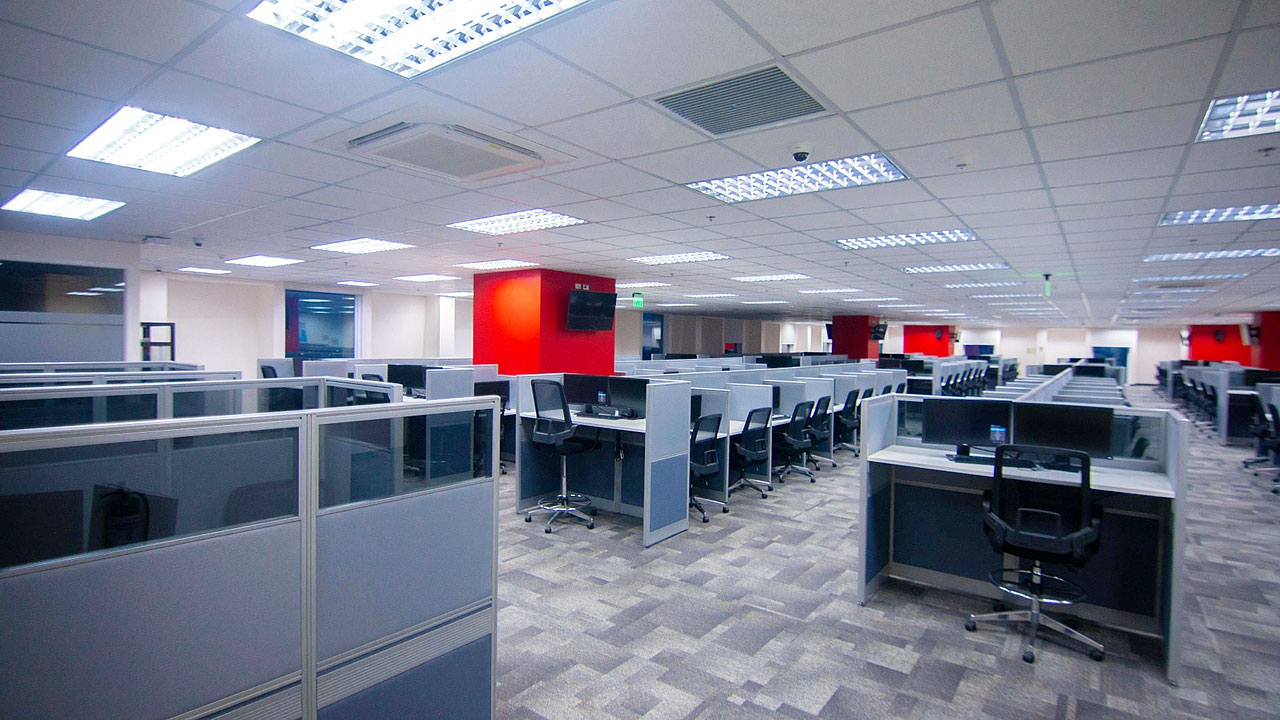
THE Regional Comprehensive Economic Partnership (RCEP) trade agreement is expected to help boost investment in the business process outsourcing (BPO) industry, according to the industry association, the Information Technology and Business Process Association of the Philippines (IBPAP).
IBPAP President Jack Madrid said in a statement that the stable regulatory environment provided by the trade deal will encourage the entry of more investors and boost the economic recovery.
Mr. Madrid added that RCEP will provide seamless networks among member countries who will be tied to common standards, intellectual property regulations, rules of origin, customs processes, e-commerce, and competition policy.
“With stable and predictable rules, the Philippines could aspire to become a regional manufacturing and services hub, thereby creating much-needed domestic jobs. We believe that RCEP will increase external trade and spur more investments that create more livelihood and other business opportunities in the country,” Mr. Madrid said.
“This framework will benefit the Information Technology and Business Process Management industry by making the country a more attractive investment destination and help expedite the economic recovery from the pandemic by creating more job opportunities,” he added.
IBPAP represents over 332 companies and six partner associations involved in the BPO industry and related sectors.
RCEP was signed by President Rodrigo R. Duterte on Sept. 2, 2021 and is currently in the Senate for ratification.
Touted as the world’s largest trade deal, RCEP started to take effect on Jan. 1, 2022 in Brunei, Cambodia, Laos, Singapore, Thailand, Vietnam, Australia, China, Japan, New Zealand, and South Korea. On March 18, Malaysia is also set to implement the trade agreement. — Revin Mikhael D. Ochave



